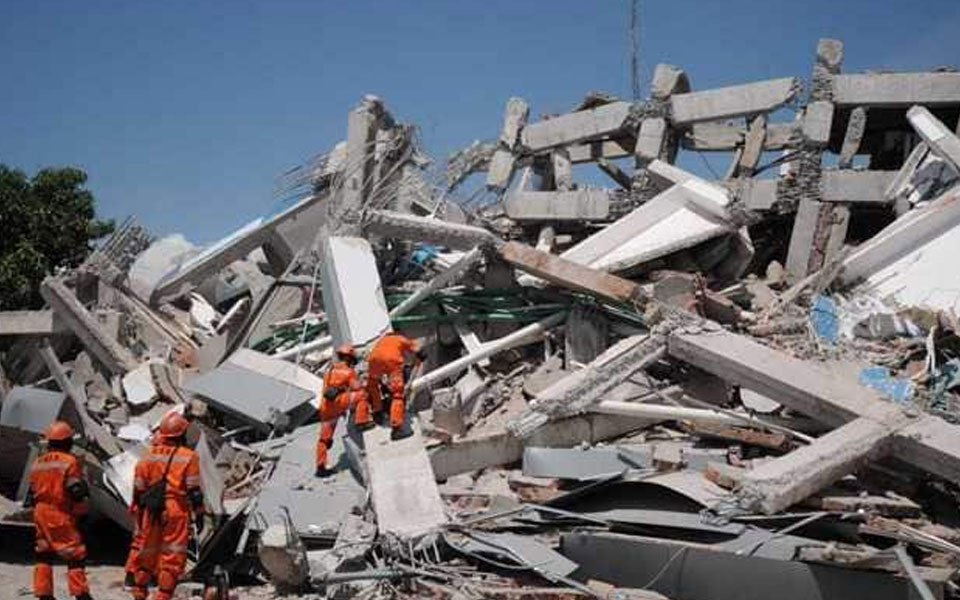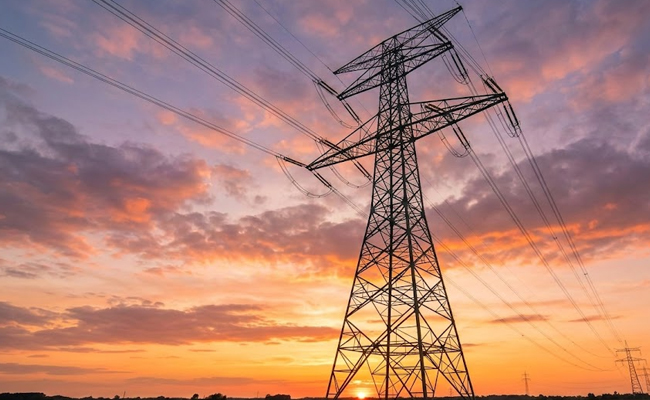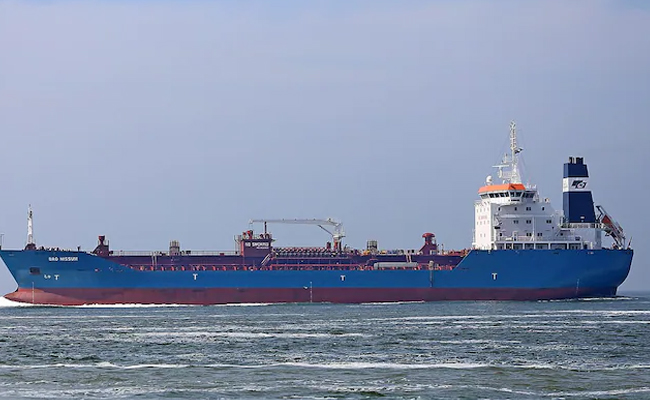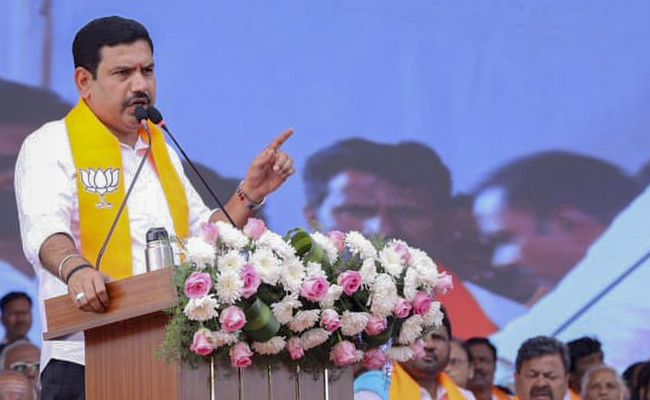Palu (Indonesia), Oct 3 : Indonesian authorities on Wednesday raised to 1,407 the number of deaths caused by the 7.5 magnitude earthquake and subsequent tsunami that struck Sulawesi Island.
In a televised press conference in Jakarta, National Agency for Disaster Management spokesperson Sutopo Purwo Nugroho said the figure was expected to continue rising as search and rescue operations were underway with more rescuers and equipment joining in the mission.
Most deaths were recorded in Palu, the worst affected city on Sulawesi Island, while the rest of the casualties were in the neighbouring Donggala district and parts of Sigi and Parigi Moutong, Sutopo said.
An estimated 2.4 million people were affected by the twin disasters. A total of 70,821 people fled their homes and took shelter in camps or under tarpaulins in 141 spots. So far, not all of the basic needs have been provided, Sutopo was cited as saying by Efe news.
The number of people admitted to hospitals went up to 2,549 and those missing to 113. About 65,733 houses were damaged or destroyed.
The catastrophe began on Friday with a 6.1 magnitude earthquake that killed one person. It was followed by the 7.5 magnitude earthquake and then a tsunami.
Sutopo said that 63 per cent of Indonesians in the Sulawesi region hit by the quake and tsunami failed to hear the warning sirens.
Indonesian President Joko Widodo on Wednesday made his second visit to the devastated areas in Palu and Donggala. He later tweeted that a rapid response was the most important thing after the tragedy.
Widodo said that aid had started arriving and that US President Donald Trump had called him to offer assistance, state news agency Antara reported.
His visit came as electricity was being restored to around 30 per cent of Palu -- a city of 350,000 inhabitants - Sarjan Mokodomgan, an employee of the state-owned electricity company, told Efe news.
Gasoline distribution began on Wednesday after at least a dozen tanker trunks arrived with fuel.
Indonesian authorities and various local and international organizations were working to bring humanitarian aid and medical assistance to those affected.
Meanwhile, the Soputan volcano located on the Sulawesi Island erupted on Wednesday, prompting authorities to raise the alert in the area to the second highest level.
Sotupan emitted a column of smoke and ash 4,000 metres high and authorities established a safety radius of 4 km around the crater.
Sotupan's activity coincided with that of the Anak Krakatau volcano located in the Sunda Strait, between the islands of Sumatra and Java, which in recent weeks recorded dozens of eruptions.
Officials said that the condition of Anak Krakatau was safe, and beyond the safety perimetre established within a radius of 2 km around the crater.
Let the Truth be known. If you read VB and like VB, please be a VB Supporter and Help us deliver the Truth to one and all.
Bengaluru (PTI): The Karnataka Electricity Regulatory Commission has reduced electricity tariffs for agricultural pump sets for 2025–26 from the earlier uniform rate of Rs 8.30 per unit to a range of Rs 6.57 to Rs 7.79 per unit across the state.
However, the Commission has increased tariffs for select commercial and industrial consumers by 10 paise to a maximum of 95 paise per unit.
As per the Commission’s order, the revised tariffs are as follows: LT-3a (low-tension commercial) consumers will pay a fixed charge of Rs 235 per kW and an energy charge of Rs 7.10 per unit, while LT-5 (industrial) consumers will be charged Rs 165 per HP as fixed charges and Rs 5.20 per unit as energy charges.
In the high-tension segment, HT-2a (industrial) consumers will pay a demand charge of Rs 365 per kVA and an energy charge of Rs 6.70 per unit, while HT-2b (commercial) consumers will pay Rs 390 per kVA as demand charges and Rs 6.90 per unit as energy charges.
The revised tariffs were notified in an order issued on March 3 after the Commission allowed a review petition filed by five state-run electricity supply companies—Bangalore Electricity Supply Company, Mangalore Electricity Supply Company, Chamundeshwari Electricity Supply Corporation, Hubli Electricity Supply Company and Gulbarga Electricity Supply Company.
The order, however, does not specify the date from which the revised tariffs will come into effect.
In its earlier tariff order dated March 27, 2025, the Commission had fixed the LT-4a tariff uniformly at Rs 8.30 per unit across all ESCOMs.
Consumers in the LT-4a category — primarily agricultural pump set users — are provided free power supply, with the state government reimbursing the cost through subsidies.
According to the order, the petitioners informed the Commission that despite the Government of Karnataka allocating Rs 16,021 crore towards subsidies for free power supply to LT-4a consumers, the ESCOMs would not be able to fully recover the cost of electricity supplied under the earlier tariff structure.
The Commission noted that this would leave distribution companies with no option but to demand payment of the balance amount from farmers, leading to “unexpected and undue hardship” for the agricultural community, which it described as the backbone of the state’s agricultural production.
The reduction in the LT-4a tariff would, however, result in a revenue shortfall of Rs 2,362.47 crore compared to the tariffs considered in the order under review.
Observing that it was necessary to safeguard farmers’ interests while ensuring that ESCOMs reasonably recover costs, the Commission said the review petition could be allowed under the provisions of the Code of Civil Procedure, 1908.
The petitioners informed the Commission that the Government of Karnataka has allocated an additional Rs 2,362.47 crore, supplementing the existing budgetary provision of Rs 16,021 crore, recognising that the entire financial burden should not be passed on to consumers and must be partially borne by the government.
The petitioners further stated that they will mobilise Rs 1,107.60 crore through miscellaneous revenue.
“The balance shortfall to be met by increasing tariffs for industrial and commercial consumers, amounting to Rs 1,254.88 crore, appears reasonable and justifiable,” the Commission added.





